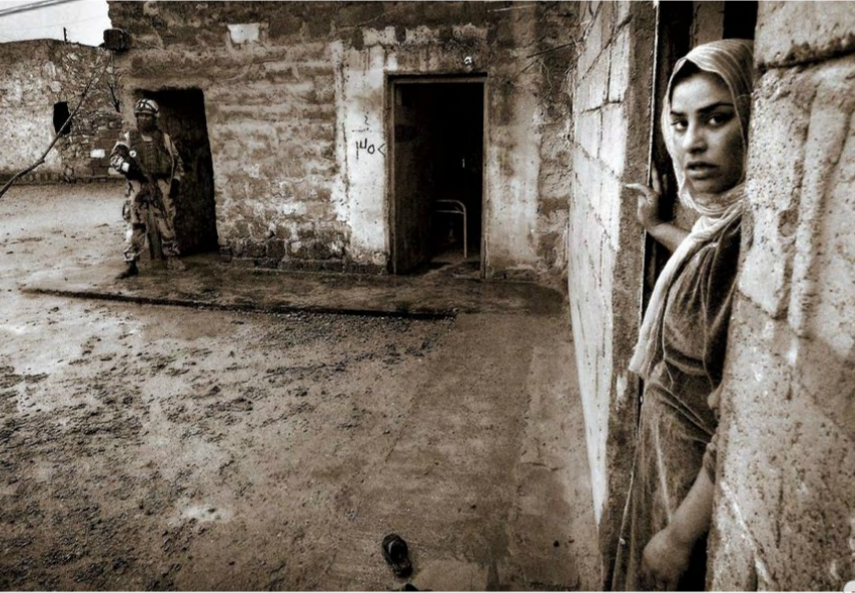By Chad Garland, News21
What We’re Reading, Week 11:
Judge Orders Disclosure for Veterans Subjected to Chemical, Biological Weapon Experiments (Steven Nelson, 7/29, U.S. News & World Report) The U.S. government must notify veterans who were used as test subjects in classified programs when authorities are made aware of new information related to their “well-being,” a federal judge ruled last week. The programs, which ran between 1950 and 1975 according to declassified records, exposed hundreds of soldiers to nerve agents, sarin gas, mustard gas and hallucinogenic drugs, though exactly how many soldiers were involved is unclear.
Mysterious Dancing Lights In Afghanistan (Robert Krulwich, 7/30, NPR) A curious thing happens some nights in Afghanistan as some helicopters settled onto landing zones, a curious and beautiful thing – the air around their blades sparkles and dances with trails of light. War photographer Michael Yon named the mysterious phenomenon – some attribute it to the piezoelectric effect or static electricity – and the name is catching on.
Brandon Harker’s dog Oakley missing after he returns from Afghanistan, left dog with “good friend” (Greg Botelho, 7/27, CNN) Brandon Harker returned home from an Afghanistan deployment last week to find his dog was missing. He hadn’t run away, the friend Harker asked to care him said the 2-year-old pedigreed yellow Labrador retriever named Oakley had been given away. Harker thought he might have been sold on Craigslist, and he’s turned to the site to post an ad seeking help getting Oakley back. He also started a Facebook page where he’s been posting updates about his search.

